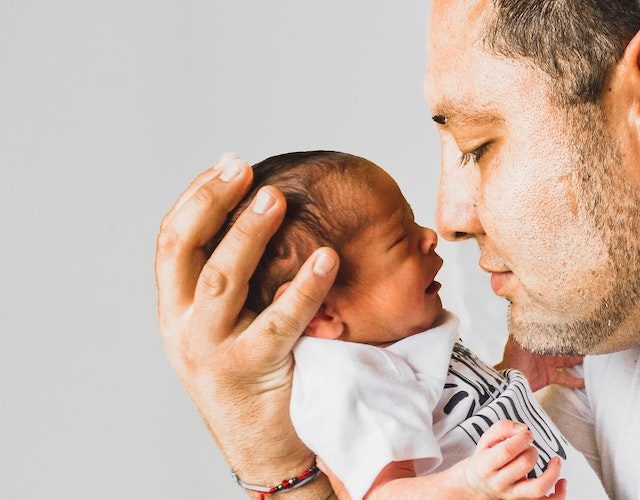Introduction:
Newborns bring immeasurable joy to their parents’ lives, but they also come with a bundle of sleepless nights and exhaustion. As new moms and dads eagerly embrace their little ones, they soon realize the importance of establishing proper sleep hygiene with a newborn. The common advice given to sleep when the baby sleeps sounds promising, but in reality, it might not be enough to restore parents’ much-needed rest.
Understanding Newborn Sleep Patterns
Newborns have erratic sleep patterns that differ significantly from those of adults. They sleep for shorter periods, typically around 16 to 17 hours a day, with frequent waking intervals. Their circadian rhythm is not fully developed, leading to irregular sleep-wake cycles, making it challenging for parents to get a good night’s sleep.
The Significance of Sleep Hygiene for Newborns
Sleep hygiene refers to the practices and habits that promote quality sleep. While it is essential for adults, it is equally crucial for newborns. Adequate sleep is vital for their growth, development, and overall well-being. Establishing a consistent sleep routine can help soothe babies and encourage better sleep patterns.

Challenges in Following ‘Sleep When Baby Sleeps’
As tempting as the advice ‘Sleep When Baby Sleeps’ may be, it’s often not as feasible as it sounds. New parents face various challenges that make it difficult to catch up on sleep during their baby’s naps. From household chores and errands to personal self-care, finding time to rest becomes a balancing act that many struggle to manage.
Practical Tips for Better Sleep with a Newborn
a. Sync Sleep Schedules: Try to align your sleep schedule with your baby’s by going to bed early. This way, you can maximize the rest you get during the night when the baby sleeps for more extended periods.
b. Share Night Duties: If possible, take turns with your partner to handle night feedings and diaper changes. This way, the burden is shared, allowing both parents to get more uninterrupted sleep.
c. Seek Support: Don’t hesitate to ask for help from family members or friends. Having someone to lend a helping hand can give you a chance to take short naps during the day.
d. Create a Soothing Sleep Environment: Dim the lights, maintain a quiet atmosphere, and establish a bedtime routine to signal your baby that it’s time to sleep. A calming environment can encourage more extended periods of rest for your little one.
e. Prioritize Self-Care: Taking care of yourself is crucial to be able to care for your baby effectively. Even if you can’t get long stretches of sleep, try to take short breaks to rest and recharge during the day.
Conclusion:
While ‘Sleep When Baby Sleeps’ is a well-meaning suggestion, it might not be sufficient to combat sleep deprivation that comes with a newborn. Understanding the importance of sleep hygiene and implementing practical tips can help new parents cope better and get the rest they need while caring for their precious bundle of joy. Embrace the challenges of parenthood with patience and remember that seeking support from others can make a world of difference in this beautiful yet challenging journey.












